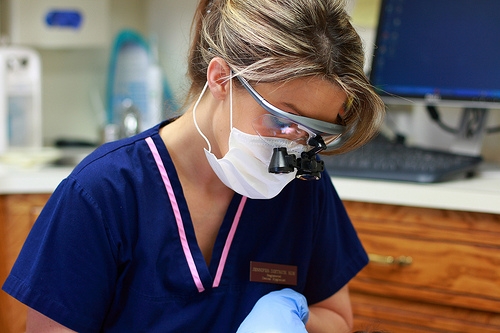Have You Talked to Your Teen about Vaping? Hidden Dangers of Vaping.
June 13th, 2023
In recent years, vaping has gained significant popularity among teenagers, with many considering it a trendy alternative to traditional cigarettes. However, beneath the allure of flavored vapor lies a sinister truth: vaping poses severe health risks, especially for adolescents. This blog aims to shed light on the harmful effects of vaping in teens, outlining the dangers and implications associated with this seemingly innocent habit.
Nicotine Addiction: A Gateway to Substance Abuse
One of the most alarming aspects of vaping is its high nicotine content. Many e-cigarettes and vaping devices contain nicotine, an addictive substance that hooks users and increases the risk of further substance abuse. Teens who experiment with vaping are at an increased risk of transitioning to traditional cigarettes and other harmful substances, perpetuating a dangerous cycle of addiction.
Adverse Impact on Brain Development
Teenagers' brains are still in a critical stage of development, making them particularly vulnerable to the harmful effects of vaping. The nicotine and chemicals present in e-cigarettes can disrupt brain development, impair cognitive functions, and negatively affect memory and concentration. Studies have shown that vaping can interfere with the growth and functioning of brain cells, potentially leading to long-term consequences for learning and emotional well-being.
Respiratory Issues and Lung Damage
Vaping exposes young individuals to a variety of harmful chemicals and toxins. The inhalation of aerosolized substances can irritate the lungs, causing respiratory issues such as coughing, wheezing, and shortness of breath. Furthermore, the inhalation of toxic chemicals, including formaldehyde and acrolein, can lead to lung inflammation and damage, putting teens at risk of developing chronic lung diseases like bronchitis and asthma.
Cardiovascular Risks
Contrary to popular belief, vaping is not a harmless activity for the cardiovascular system. Studies have linked e-cigarette use to an increased risk of heart problems, including heart attacks and coronary artery disease. The chemicals found in vaping liquids can cause damage to blood vessels, leading to reduced blood flow and potentially fatal cardiovascular events.
Chemical Exposure and Toxicity
The liquids used in e-cigarettes are far from harmless. Besides nicotine, they contain various chemicals, such as diacetyl, formaldehyde, and acrolein, which are known to be toxic and carcinogenic. Prolonged exposure to these substances can have detrimental effects on overall health, increasing the risk of respiratory disorders, cancers, and other serious illnesses.
Influencing Social Behavior
Vaping's popularity among teens extends beyond the allure of nicotine. The act of vaping has become a social phenomenon, often encouraging peer pressure and promoting a misguided sense of acceptance and belonging. This social influence can lead to a higher prevalence of vaping among teenagers, further exacerbating the associated health risks.
Take Home Message
While vaping may seem like a fashionable trend among teenagers, it is crucial to recognize and address the harmful effects it can have on their health. The addictive nature of nicotine, combined with the numerous toxic chemicals present in vaping liquids, poses significant risks to developing bodies and minds. By understanding these dangers and raising awareness, we can work towards protecting the well-being of our teens and creating a healthier future. It is imperative to educate both teenagers and parents about the risks associated with vaping, promoting open conversations and providing support systems to help combat this growing epidemic.
Get to Know Us
At All Smiles Pediatric Dentistry, we incorporate proven techniques to share with you and your child at each dental checkup visit. Dr. Allen Job and his team are committed to providing the latest in oral health care prevention. Check out our monthly blog posts! Our practice is centrally located in San Diego, CA.
Get acquainted with us by watching our practice video and find out what we do.
Scheduling an appointment for your child is easy! Start here by downloading our app to schedule an appointment. All of our forms are online. Fill them out securely from your smartphone or tablet and hit send. On appointment day, your child will be seen at their scheduled time. For example, if you have a 9:00 AM appointment, your child will be seen at 9:00 AM.






